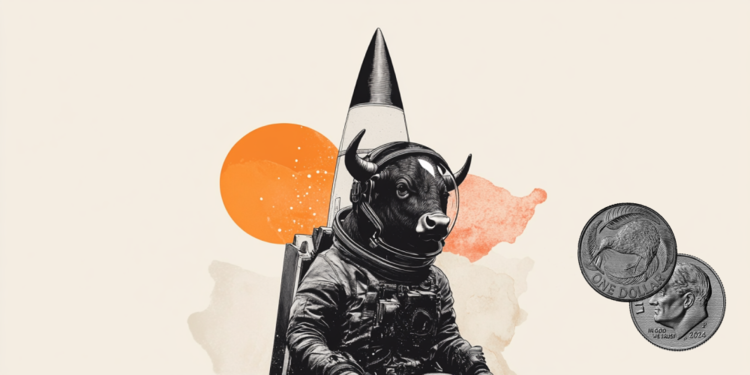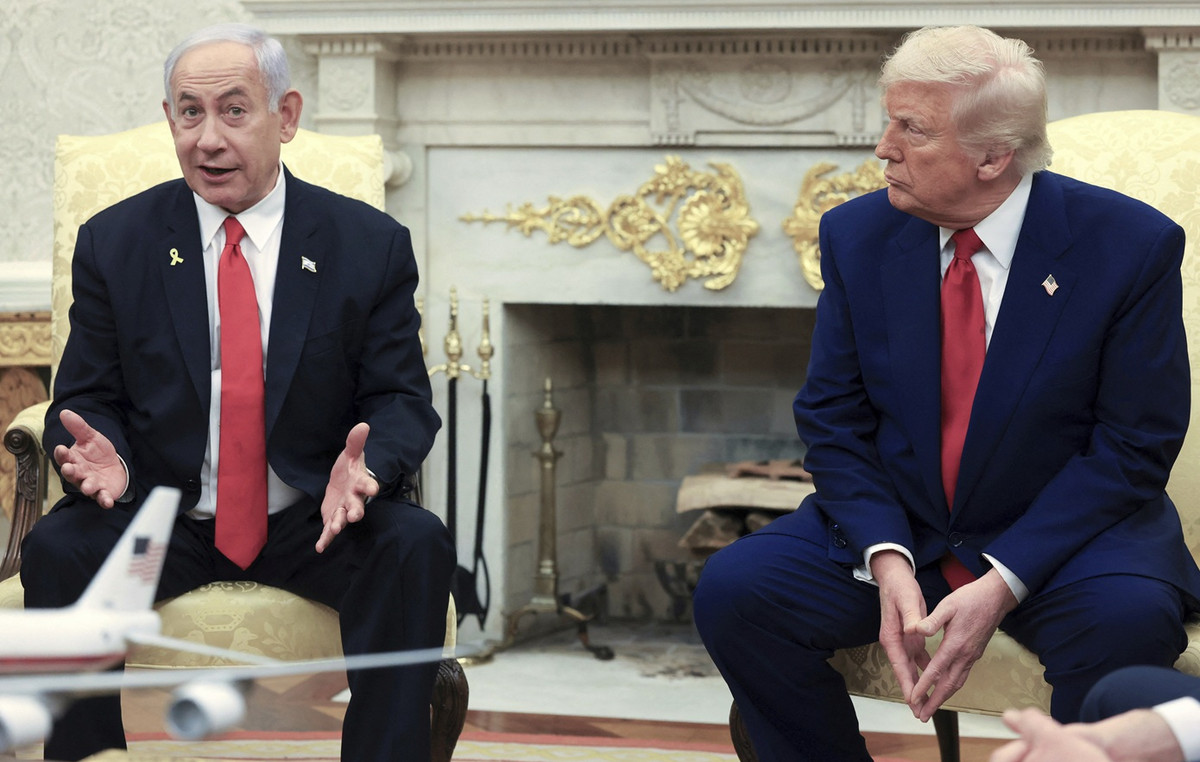If the proposal that makes fuel into essential products is approved, which would limit state ICMS rates on products to 17%, the price reduction at gas station pumps may not be as high as expected. This is due to what importers qualify as a lag in Petrobras’ International Price Parity (PPI) policy.
According to the Brazilian Association of Fuel Importers (Abicom), a liter of gasoline costs R$ 0.85 less than that practiced in the international market. In the case of diesel, the difference is R$ 0.76. In index, these numbers correspond, respectively, to 18% and 13%.
As Petrobras follows the PPI, the trend perceived by the market is for this correction to be applied over time. ICMS rates are defined by the states. Rio de Janeiro applies the largest of them: 34% for gasoline. The new standard, if approved, it will be halved.
On May 27, two surveys shown by CNN showed that, with the new rule, the drop in the price of a liter of gasoline could be BRL 1.15 in Rio de Janeiro and BRL 0.48 in São Paulo. The calculations were based on the average value of the liter, pointed out in the week at R$ 7.29 by the National Agency of Petroleum, Natural Gas and Biofuels (ANP).
However, despite the lower potential for reducing the current price level, representatives of the sector heard by CNN agree with the reduction of ICMS. Director of the Brazilian Center for Infrastructure (CBIE), Adriano Pires supports the reduction of the rate, but remembers that the increase is the result of a conjunctural issue.
“What determines everything is the price of oil and the exchange rate. ICMS is not a cause, it is a consequence. But downsizing has benefits, of course. Because, with it, with the correction, in the case of Rio de Janeiro, for example, the ICMS will have an incidence of 17% in relation to the value, and not 34%”, explains the economist, who was appointed by the Ministry of Mines and Energy for the presidency of Petrobras, but withdrew from the nomination.
Executive President of Abicom, Sérgio Araújo agrees and emphasizes that the tax is a rate: a percentage is applied on top of the variable price, it is not a fixed cost per liter.
“If the price goes up due to the increase in the barrel or the exchange rate, ICMS collection will go up. But about less, because the tax share will be smaller. Correcting the lag will end up providing a smaller discount, but it is necessary to correct, and it is better for a lower ICMS to be levied on the value. Thus, the price will not be so high”, says Araújo.
The fuels used in the country are not pure. Regular gasoline has a mandatory blend of 27% anhydrous ethanol, and diesel has 10% biodiesel, attributes that influence the pricing of the liter and, therefore, increases at refineries do not fully reach consumers at gas stations.
To alleviate the weight of rising prices, Adriano Pires suggests a basket of government solutions, supported by the portion of the profit obtained by the government from Petrobras.
“It was to take this money and do social programs: truck driver vouchers, increase the base of gas aid beneficiaries, include taxi drivers and apps, etc. A number of countries are doing this. But we could have done it before, a year ago. Now everything is more difficult, because it is an election year”, ponders the economist.
Source: CNN Brasil
I am Sophia william, author of World Stock Market. I have a degree in journalism from the University of Missouri and I have worked as a reporter for several news websites. I have a passion for writing and informing people about the latest news and events happening in the world. I strive to be accurate and unbiased in my reporting, and I hope to provide readers with valuable information that they can use to make informed decisions.







